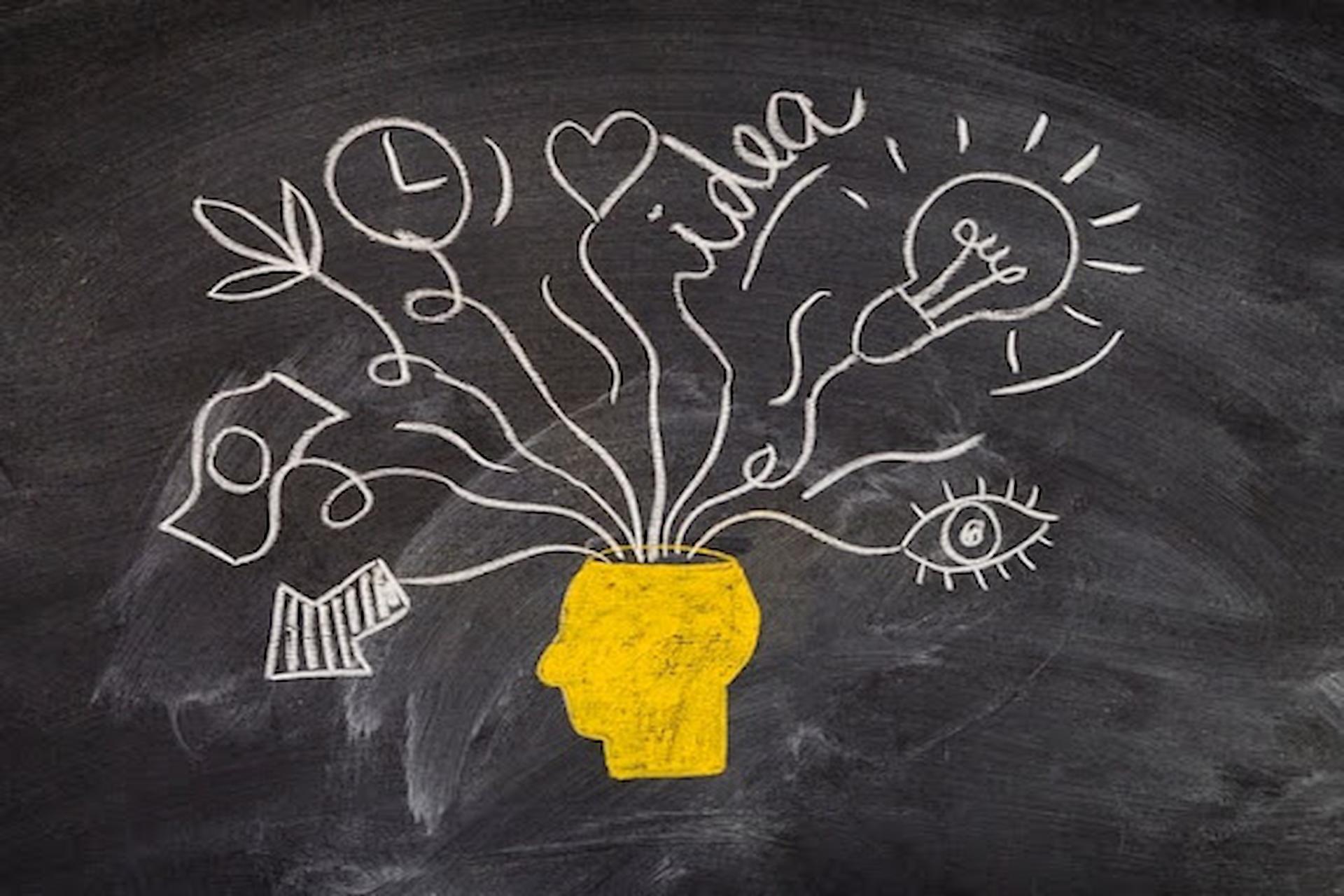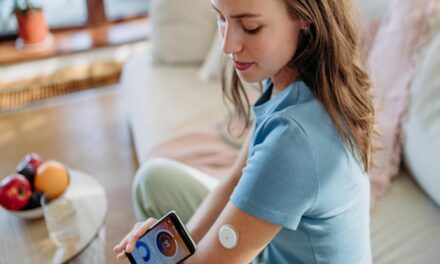
The Self-Awareness Revolution

Understanding our own cognitive and emotional states should be straightforward, yet structured feedback often reveals surprising gaps in self-knowledge. A CMO at a high-growth tech startup discovered this when she rated her team’s morale a confident 9 out of 10, only to learn through an anonymous poll that most team members scored their experience between 3 and 6. The shock was like discovering your favorite coffee shop had been serving you decaf all along. Suddenly everything made sense, but in the worst possible way.
This scenario isn’t unique to corner offices. From students misjudging complex topics to app users overestimating cognitive gains, we’re surprisingly bad at reading our own mental states without external calibration.
What’s emerging is a fundamental shift from intuition-based self-assessment to data-driven self-awareness. Instead of trusting gut feelings about our learning, mood, or leadership effectiveness, we’re turning to systematic measurement and analytics. This transformation is reshaping how we understand ourselves.
At the heart of this shift lies metacognition—the engine driving our move from gut calls to measurable insight.
Metacognitive Metrics
The foundation for this shift lies in metacognition—a concept thoroughly explored in International Baccalaureate (IB) Psychology that involves awareness and understanding of one’s own thought processes. Think of it as thinking about thinking, but with measurable outcomes.
Here’s where it gets interesting. A 2024 meta-analysis by David et al. found that monitoring judgments—essentially, your estimates of how well you’re doing—show a strong positive association with actual learning outcomes. But perceived mental effort? Only moderately related to real performance. Translation: how hard something feels isn’t always the best indicator of how well you’re actually doing.
This creates a clear problem. We need better ways to gauge our cognitive performance beyond the unreliable “this feels difficult” metric. The solution lies in tools that can capture and quantify these metacognitive processes, turning vague self-assessments into concrete, actionable data. Educational and tech platforms are already building those very feedback engines in real-world classrooms and apps.
Analytics in Education
Students frequently misjudge their learning progress. This leads to inefficient study habits and persistent knowledge gaps. The challenge demands performance analytics systems that can accurately track and quantify learning patterns across different subjects and difficulty levels.
Revision Village offers a case study of this approach through its platform serving over 350,000 students across IB Diploma and IGCSE curricula. The platform covers more than a dozen IB Diploma and IGCSE subjects—including IB Psychology—through a vast bank of syllabus-aligned problems tagged by topic and difficulty. Students receive detailed analytics through dashboards that aggregate metrics including average scores, time allocation per question, topic-wise accuracy rates, and difficulty-weighted performance indicators.
The resulting data can look as complex as deciphering a toddler’s crayon masterpiece, but the insights are surprisingly exact. A student might discover they’ve improved 15 points in Standard Level (SL) Analysis & Approaches Algebra after three focused sessions. They’re also cutting their average response time from 90 to 75 seconds. Difficulty-weighted reports might reveal a 20 percent improvement on higher-level Biology data interpretation questions following targeted practice.
This systematic approach transforms metacognitive monitoring from guesswork into measurable skill development. Students get the exact feedback they need to calibrate their self-assessments and study strategies. Similar mechanics have spilled over into brain-fitness apps, where mental workouts meet analytics.

Brain-Training Platforms
Improving cognitive skills like memory and attention presents a fundamental challenge. How do you measure something as abstract as mental agility? Brain training platforms address this by creating structured environments where cognitive performance becomes quantifiable.
Lumosity shows this method with over 40 adaptive games designed for more than 100 million users worldwide. The platform works with over four dozen university laboratories, contributing anonymized gameplay data to support cognitive science investigations into memory, attention, and processing speed. These academic partnerships inform algorithm adjustments and adaptive difficulty settings. Training protocols align with empirical research findings rather than marketing assumptions.
Users establish baseline cognitive scores through personalized Fit Tests, then track improvements across specific domains like working memory or problem-solving speed.
The approach isn’t without controversy. The FTC hauled Lumosity into court over its benefit claims, and the company ultimately paid $2 million in settlements. Despite these setbacks, the platform demonstrates how systematic cognitive assessment can reveal patterns in mental performance that users might never notice through self-reflection alone. Meanwhile, these same principles are being applied to how we map and track our emotional ups and downs.
Mood and Meditation Analytics
Understanding emotional patterns requires more than occasional introspection. It demands consistent tracking and structured analysis. Mindfulness platforms now provide tools that quantify emotional states and meditation effectiveness in ways previously impossible.
Headspace works on this evolution by blending expert-guided meditations, an AI companion for real-time support, licensed therapists for sessions, and movement practices targeting sleep, stress, and relaxation. The platform partners with major insurance providers, enabling covered members to access subscription-based content and coaching services at reduced or no additional cost, expanding mental health resource availability.
Users report falling asleep up to 28% faster after targeted meditation sessions. The platform’s mood logs track correlations between session types and self-reported emotions like calmness or stress relief. These logs might reveal universal truths. Like the fact that Mondays are indeed as universally disliked as we suspected. But they also uncover personal patterns that pure introspection misses.
While these subjective measures still require human interpretation, they transform emotional self-awareness from vague feelings into trackable, improvable metrics. And those emotional insights don’t just stay personal—they reshape how leaders listen, decide, and inspire.
Leadership Feedback
Leadership blind spots work just like learning gaps. They stick around until someone gives you real feedback. The gap between leaders who succeed and those who don’t? It’s usually about who’s willing to measure their actual impact instead of guessing.
One tech CEO shows this by using anonymous surveys and structured feedback sessions. She gathers honest input about how she’s doing as a leader. Rather than trusting her gut, she looks at what the data tells her about team concerns and adjusts her behavior accordingly.
Another entrepreneur does the complete opposite. He avoids asking for input and rarely thinks about his decisions. This contributes to his ongoing team retention problems. The difference is clear—the same divide shows up in learning analytics. Systematic self-awareness beats gut feelings whether you’re running a company or trying to master a skill. But as we pile up more self-data, there’s a real risk of drowning in it rather than using it.
Data Overload and Misinterpretation
Self-awareness tools can backfire spectacularly if they create more confusion than clarity. You’re not after maximum data. You want practical takeaways that actually improve decision-making.
Seufert et al.’s inverted U-shape model captures this perfectly. Information usefulness peaks before declining as complexity increases. Too little data leaves you guessing. Too much data creates analysis paralysis where you’re drowning in metrics but starved for direction.
Lumosity’s regulatory troubles serve as a cautionary tale here. Over-promising based on limited evidence undermines the entire enterprise. Similarly, over-surveying teams or obsessively tracking moods without context can lead to misinterpretation and decision fatigue.
Finding that sweet spot of clarity and restraint opens the door to the next wave of self-insight tools.
The Future of Self-Insight
We’re heading toward a point where AI-powered analytics will combine cognitive, emotional, and behavioral data into complete self-models. People who figure out this integration will have clear advantages in learning, leadership, and personal development.
What’s coming next? Predictive self-awareness systems that spot cognitive fatigue before it hits. AI-generated feedback that adjusts to how you actually learn. Cross-platform analytics that connect your meditation data with academic performance metrics.
These aren’t pipe dreams. They’re being tested right now.
Want to start small? Over the next week, run an IB Psychology metacognitive checklist in your role—student, manager, or meditator—log any ‘decaf’ blind spots, and watch how quickly systematic reflection pays off.
Think back to our CMO’s journey from shock to understanding. By 2026, she might be celebrating dramatically improved team engagement scores. That’s concrete proof that data-driven self-awareness delivers measurable results.
Revealing Blind Spots
From classrooms using IB Psychology principles to boardrooms implementing structured feedback systems, we’re witnessing a watershed turn in how self-knowledge gets acquired. The gut check is giving way to the dashboard. The results speak for themselves.
Our CMO’s coffee-shop revelation shows this transformation perfectly. She discovered her team’s engagement scores were the leadership equivalent of decaf. We’re trading “trust your instincts” for “track your patterns,” and the difference is revealing blind spots we never knew existed.
The self-awareness revolution isn’t just changing how we learn, lead, or meditate. It’s rewriting the entire playbook. That revelation lands like finding out your barista’s been slipping decaf into your cup—disappointing, yes, but the most eye-opening wake-up call you’ll get.











